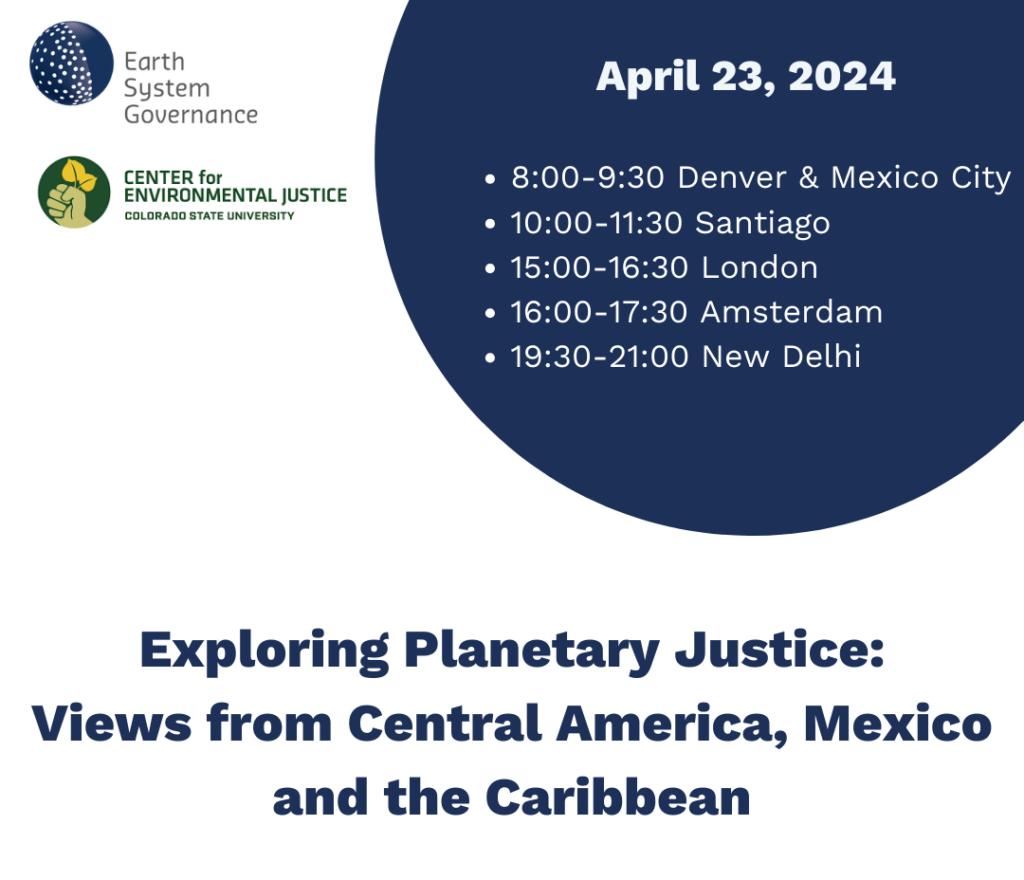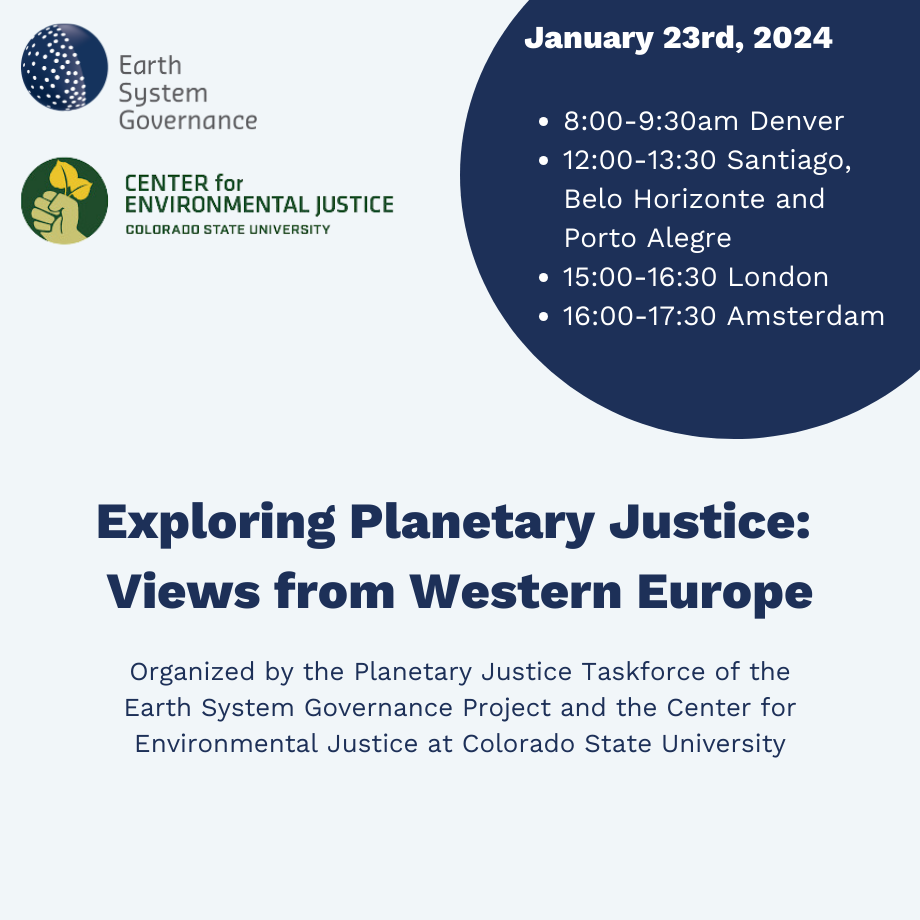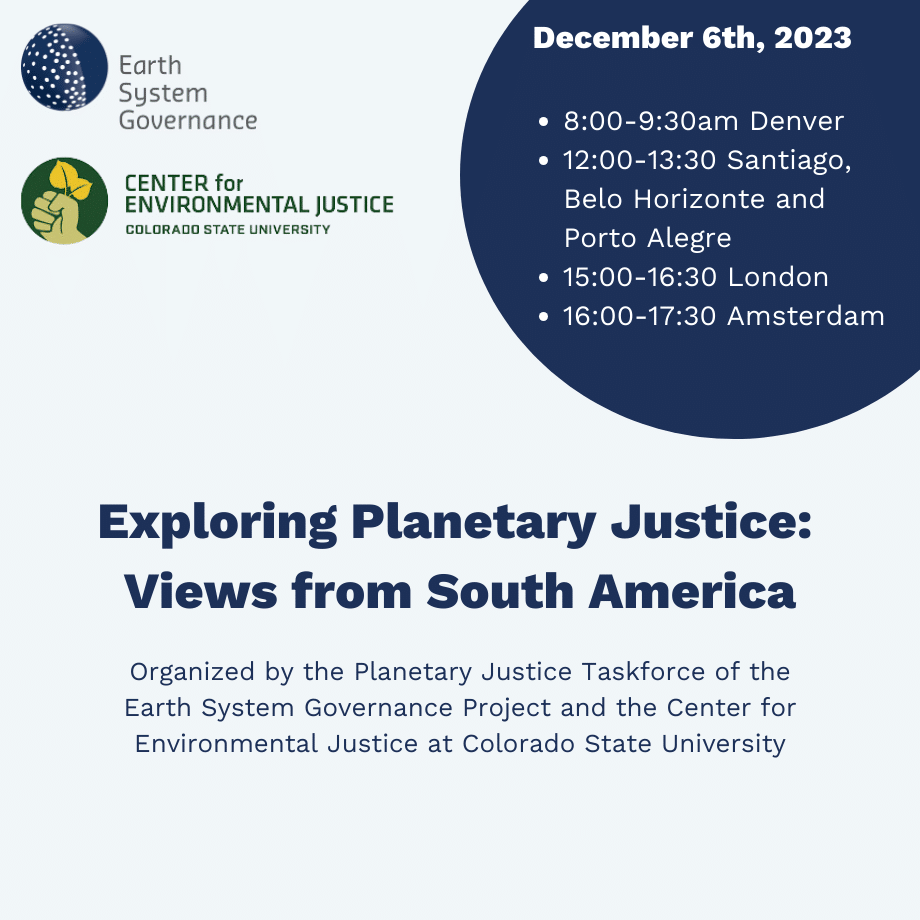As an Associated Event to the Stockholm +50 Conference, the Global Goals Project and the Earth System Governance Project will host a launch event to highlight key findings from the SDG Impact Assessment and host an ensuing science-policy dialogue on crucial implementation pathways to realize ongoing political and societal transformation towards sustainable development.
The event will hosted in-person by the Stockholm Environment Institute in association with Stockholm+50. It will also be streamed online.
Time: 13.30-15.00 CEST
Location: SEI Lounge, Stockholm Environment Insitute, Linnégatan 87D, 104 51 Stockholm
and Microsoft Teams:
The SDG Impact Assessment features the first meta-analysis of the available scientific knowledge about the steering effects of the SDGs since 2015 and involves a global representation of 61 researchers. It finds that the effects of the SDGs are so far mainly present in the political discourse, with little substantial effects on the (re-)allocation of resources by governments, and moreover points to a lack of incentive structures that guide public and private funding towards sustainable pathways. Overall, the SDG Impact Assessment suggests that the SDGs are not (yet) leading to fundamental and transformational changes and that the voluntary nature of the 2030 Agenda makes it easy for actors to implement the SDGs in a way that benefits their self-interests.
The session will be focused on SDG implementation at multiple levels and will take stock of the assessment’s findings, before concluding with a high-level discussion on how the 2030 Agenda for Sustainable Development can move beyond political discourse and galvanize solutions in all societal sectors to lead to fundamental and transformational change.
Speakers include:


Khaled Emam is a Young Human Rights lawyer and the Executive Director of Justice Call, a
former Co-Chair of The United Nations Inter-Agency Network on Youth Development (UN IANYD), and Co-Chair of Youth, Peace, and Security at Global Partnership for the Prevention of Armed Conflict (GPPAC) Khaled is currently serving as organizing Partner of the Major Group for Children and Youth (MGCY). H His work focused on building a modern democratic state that protects human dignity by promoting civic for young people and build suitable peace.


The event will be moderated by Gustav Thungren, Managing Director of the Earth System Governance Project.





